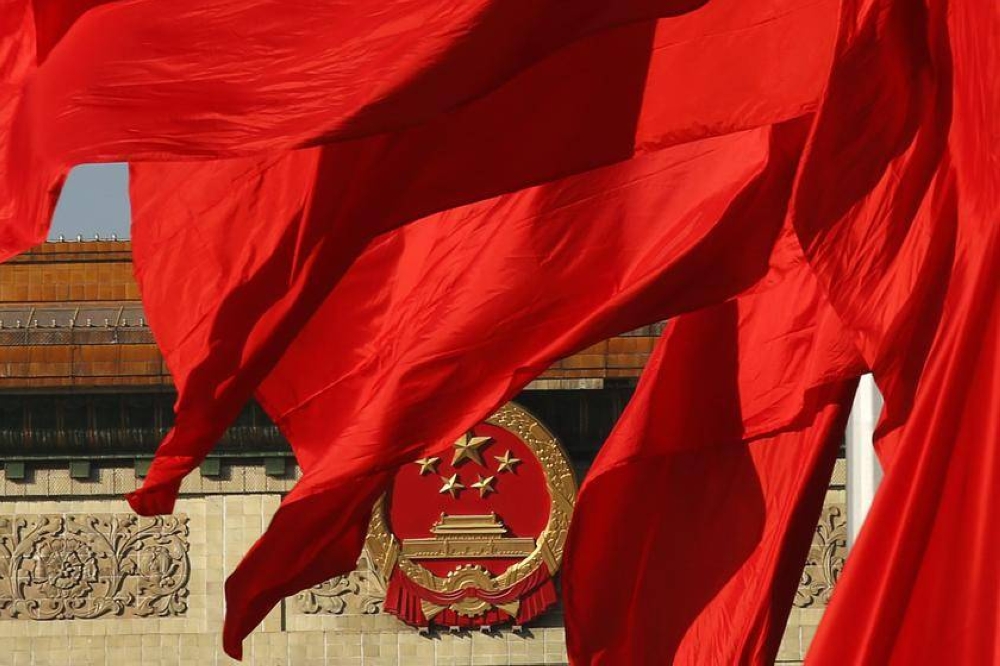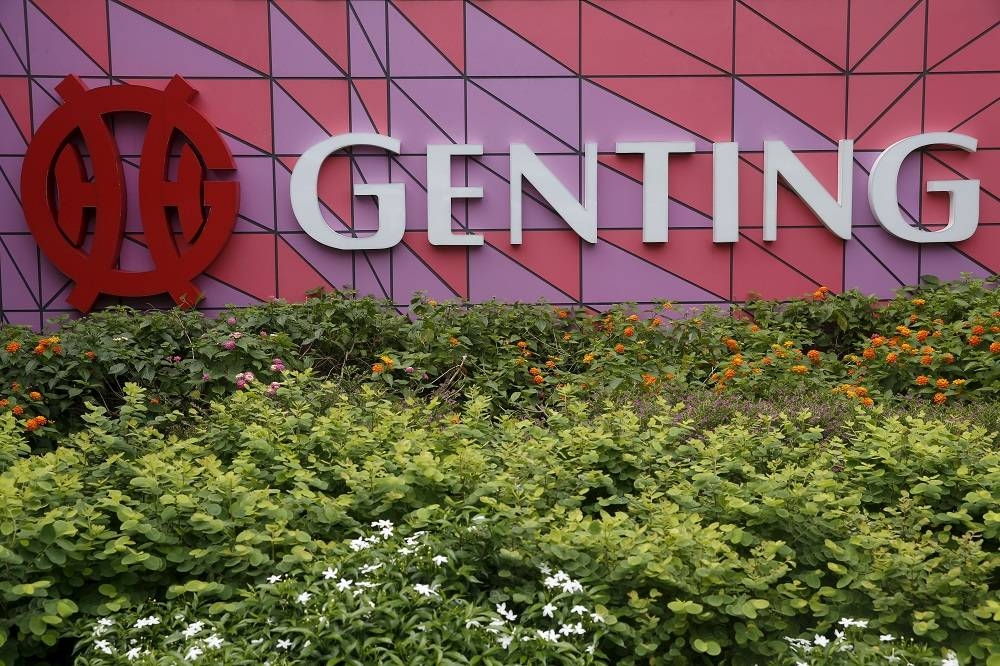KUALA LUMPUR, Sept 16 — A study by US-based watchdog Freedom House has revealed that China is making a large effort to influence Malaysian media, and listed Malaysia as “vulnerable” to these efforts.
The “Beijing’s Global Media Influence 2022” report said that among China’s efforts were subsidised trips for politicians and journalists to visit Xinjiang — the main site of alleged abuse incidents against the Uyghur community — in 2019 before the Covid-19 pandemic hit.
“Both journalists and politicians repeated Chinese state talking points upon their return,” read the report, which named several news organisations.
The report which was released last week, gave Beijing’s media influence efforts here a “high” score of 37 out of 85, while local resilience and response to these purported efforts were given a “notable” score of 35 out of 85.
According to the report, a score of zero denotes “least influence”, while a score of 85 denotes “most influence”.
The study which included interviews with members of the media, government, and civil society also noted incidents that it deemed as “censorship”.
Among them is the alleged existence of a WhatsApp group between the Chinese Embassy in Malaysia and journalists, which allows the embassy to directly relay any grievances with news outlets’ reporting.
“What is more likely to happen, however, is that the embassy would call an outlet’s upper management to express displeasure, accompanied by threats to pull advertisements if certain demands are not complied with,” said the report.
The report also said that there was “a culture of self-censorship among both Malay- and Chinese-language journalists”, who were cautious about critiquing China as they may face retaliation or harm Malaysia’s bilateral ties with China.
Other incidents noted include the US-based Epoch Times — a newspaper that the report said was critical of the Chinese government — being denied a permit to run a Malaysian edition.
“A formal communication from the Home Affairs Ministry justified the rejection as being linked to protecting good relations with Beijing, noting, ‘The decision is ... [to] maintain bilateral relations with the People’s Republic of China’,” read the report.
To note, the report states that Epoch Times is run by Falun Gong practitioners.
Falun Gong is a movement that started in China and is considered by its followers to be a spiritual practice, but now its headquarters is in New York and Chinese authorities have deemed it a cult that promotes anti-China campaigns.
Malaysian Chinese-language media
Furthermore, Freedom House also noted Malaysia’s numerous Chinese-language media that serve the country’s ethnic Chinese community and Chinese diaspora living here.
It said that these outlets generally included critical content on China from international sources, although their original content is fairly pro-Beijing.
The report also noted concerns about how “distorted content, including outright disinformation” from Chinese state media and other pro-Chinese Communist Party outlets, reached Chinese-language media in Malaysia, especially during the 2019 to 2020 Hong Kong protests.
Content distribution infrastructure
The report also said that China has significant control of Malaysia’s content distributing infrastructure, which included the proliferation of China-based apps such as WeChat, TikTok and Bigo.
“Some media outlets and local politicians have accounts on the apps, leaving them susceptible to future censorship or manipulation by the firms under pressure from Chinese authorities,” it said.
It also reported that China-based technology companies, Huawei and Xiaomi, accounted for 13.8 per cent and 11 per cent of Malaysia’s phone market respectively, while Chinese suppliers collectively provide about half of all mobile phones in Malaysia.
However, the report acknowledged that “there was no evidence during the coverage period of political censorship or content manipulation on Chinese apps or devices using Chinese technology in Malaysia”.
“Additionally, Malaysia has chosen the Swedish company Ericsson to develop its national fifth generation (5G) wireless networks, allaying concerns about the security risks of using Huawei equipment in critical infrastructure,” it added.
The study was conducted in 30 countries, including US, UK, Indonesia, and the Philippines with the help of at least one local researcher in each country, who conducted desk research and interviews with members of the media, government, and civil society.
The researchers then submitted responses to a questionnaire, where the responses determined proposed scores.
According to the report, the US, UK and the Philippines were listed as “resilient” to Beijing’s media influences, while Indonesia was listed as “vulnerable”




















